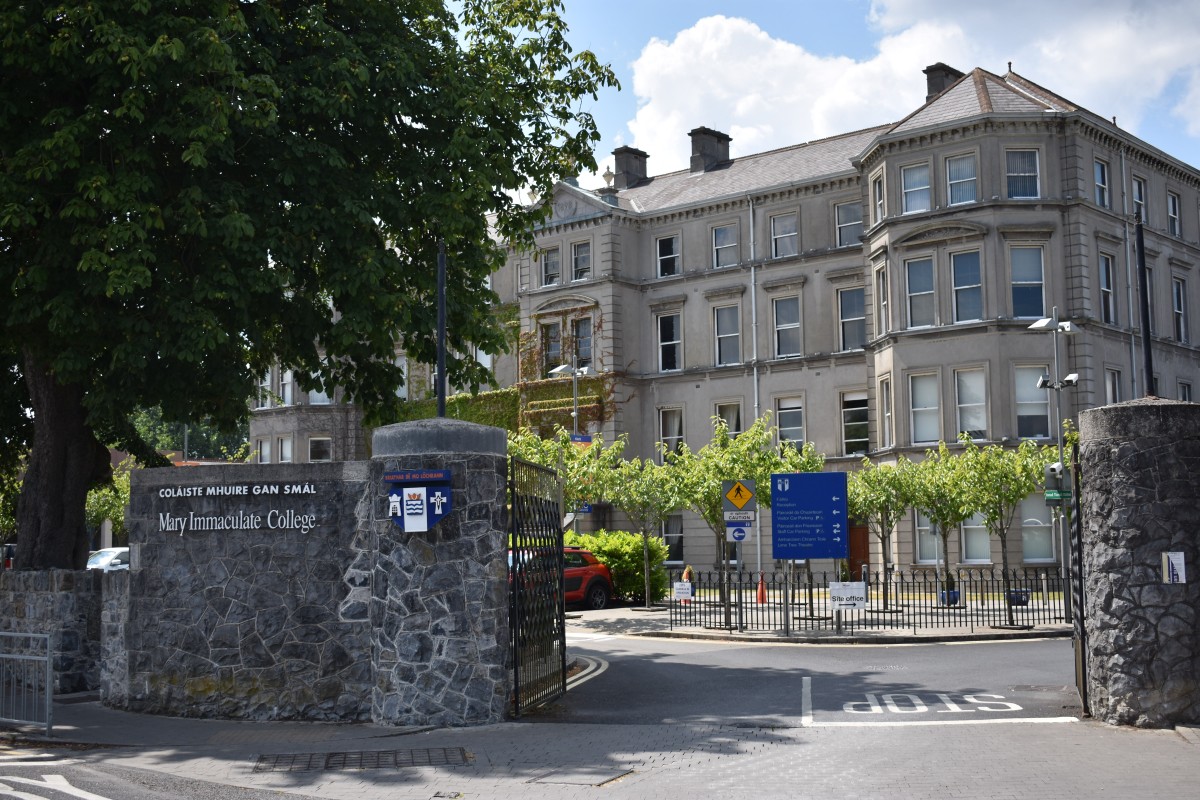
As tens of thousands of workers return to the physical workplace this week, new research into the impact of remote working is attempting to determine the key aspects of this trend that should remain in place post-COVID.
‘InPLACE: Investigating, Place, Planning and Commuting’, led by former Head of Geography at Mary Immaculate College, Professor Des McCafferty, is a collaborative, long-term research project that seeks to understand how towns have been affected by “out-commuting” prior to the pandemic and by the switch to “telecommuting”/remote-working, during the pandemic
The research—conducted in conjunction with researchers from Maynooth University, the University of Ulster, University College Dublin, and the University of Maryland—is being undertaken by the International Centre for Local and Regional Development (ICLRD)
Prof. McCafferty explained the impetus for it: “Prior to the pandemic, commuting, especially long-distance and long-duration commuting, was a rapidly growing feature of Irish life, giving rise to concerns about economic and social, as well as environmental, sustainability. The sudden decrease in commuting brought about by the pandemic, and now the gradual return to ‘normal’ levels of daily commuting, afford us a unique opportunity to see how places have been affected by commuting on a ‘before-and-after’ basis, and to see if there are any lessons we can learn from this.”
The research will explore the effects that both commuting and telecommuting have on the fabric of communities, by looking at daytime population levels, the local economy, infrastructural demands, including those on telecommunications and connectivity, and the use of public open space and green space. It will focus on five towns across the island of Ireland that had significant levels of out-commuting pre-COVID, as well as a ‘control town’ which is similar in size, demography and socio-economic composition to the study towns, but which experiences lower levels of commuting. As well as detailed data on population and land use patterns in the towns, the study will collect information from the general public and from key local stakeholders about general quality of life issues and the vibrancy of their communities.

Dr Bernie O’Donoghue Hynes, Head of Research with the Local Government Management Agency (LGMA), which is part-funding the study, added: “All change brings with it positive and negative benefits to a variety of stakeholders. In the context of an increase in remote working, local authorities want to try to understand the full implications of this shift in order to anticipate the potential consequences for our communities, our businesses and our environment. This will enable us to plan to maximise the opportunities and address the challenges.”
The key findings from the study will be disseminated via an on-going ICLRD webinar series, as well as in the final report to the project funders. These outputs will set out recommendations for all stakeholders in local development, place-making, and the promotion of resilient places in a post-COVID world. The research will continue until April 2023.
